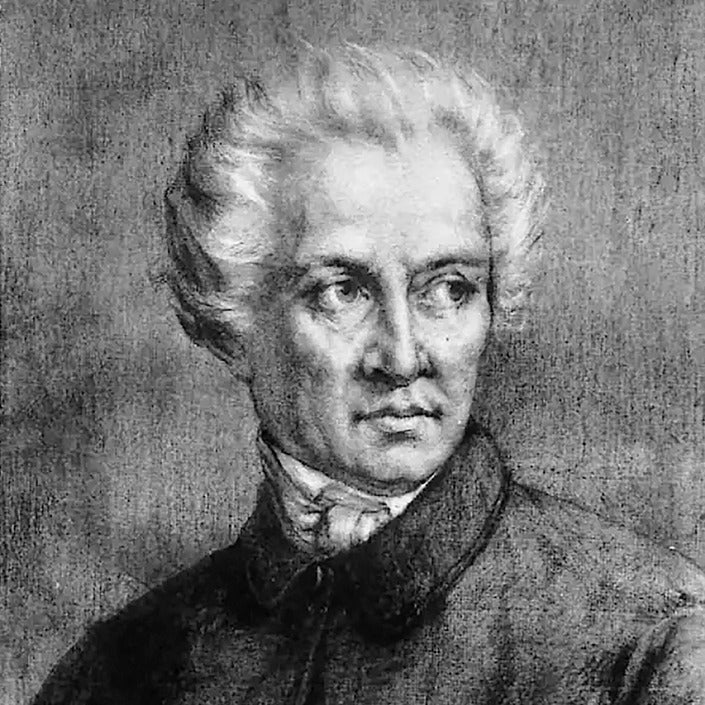
Dionysios Solomos
Iakovos Polylas (1825–1896) was born in Corfu, the son of the jurist and scholar Georgios Polylas and Eleni, née Nikolaos Voulgaris. His mother was educated and taught him his first letters, as well as foreign languages (English, French, Italian, German) and Ancient Greek. A significant influence on Polylas’ path was the long-standing relationship between Dionysios Solomos and his family. In 1847, he married Emilia Sordina, a woman of noble descent. Due to his wife's fragile health, Polylas was forced in 1852 to leave with her for Naples, where they stayed until that same year. It was there that he began his engagement with literature. In 1857, Emilia died at the age of twenty-nine, and Polylas returned to Corfu. That same year was marked by the death of Solomos, and Polylas delivered the funeral oration at his burial.
He played an active role in the political processes leading to the Union of the Ionian Islands with the Greek state. He served as a Member of Parliament for Corfu for several years but withdrew from politics in 1892 to devote himself to writing. He died in Corfu.
A major contribution of his was the first edition of Solomos’ Euriskomena and its “Prolegomena,” as well as his systematic effort to create a vernacular language capable of expressing elevated concepts and noble ideals. He translated Shakespeare (The Tempest, Hamlet), Homer (Odyssey and Iliad), and wrote four poems and three short stories.